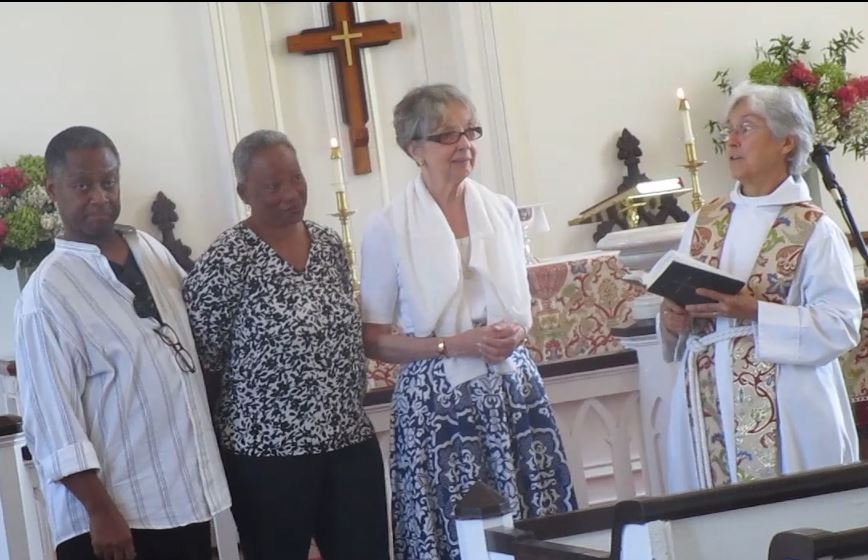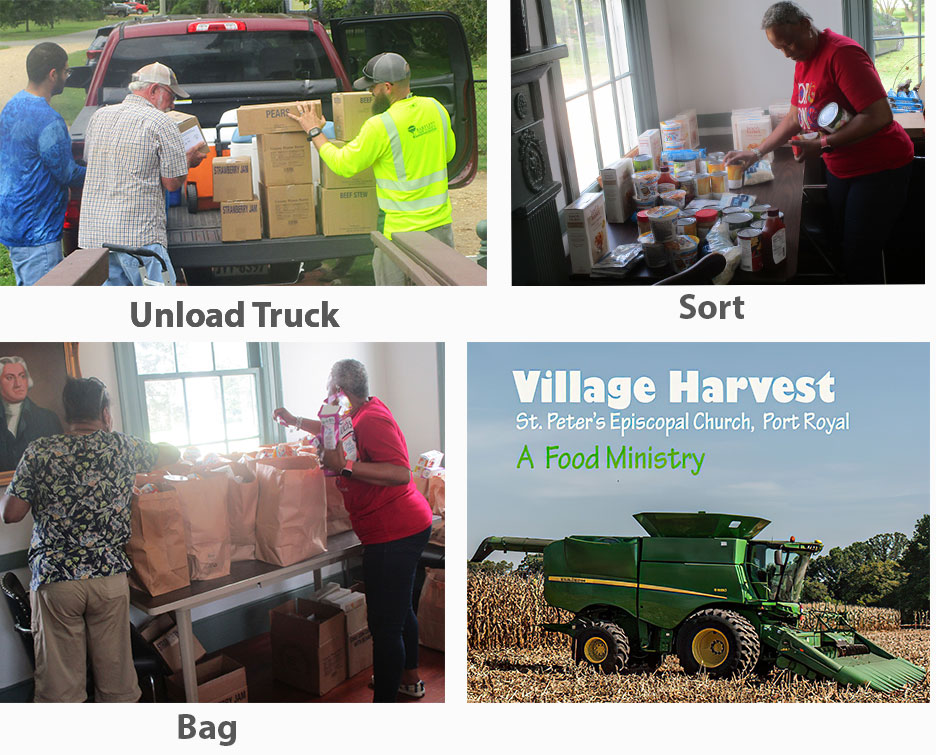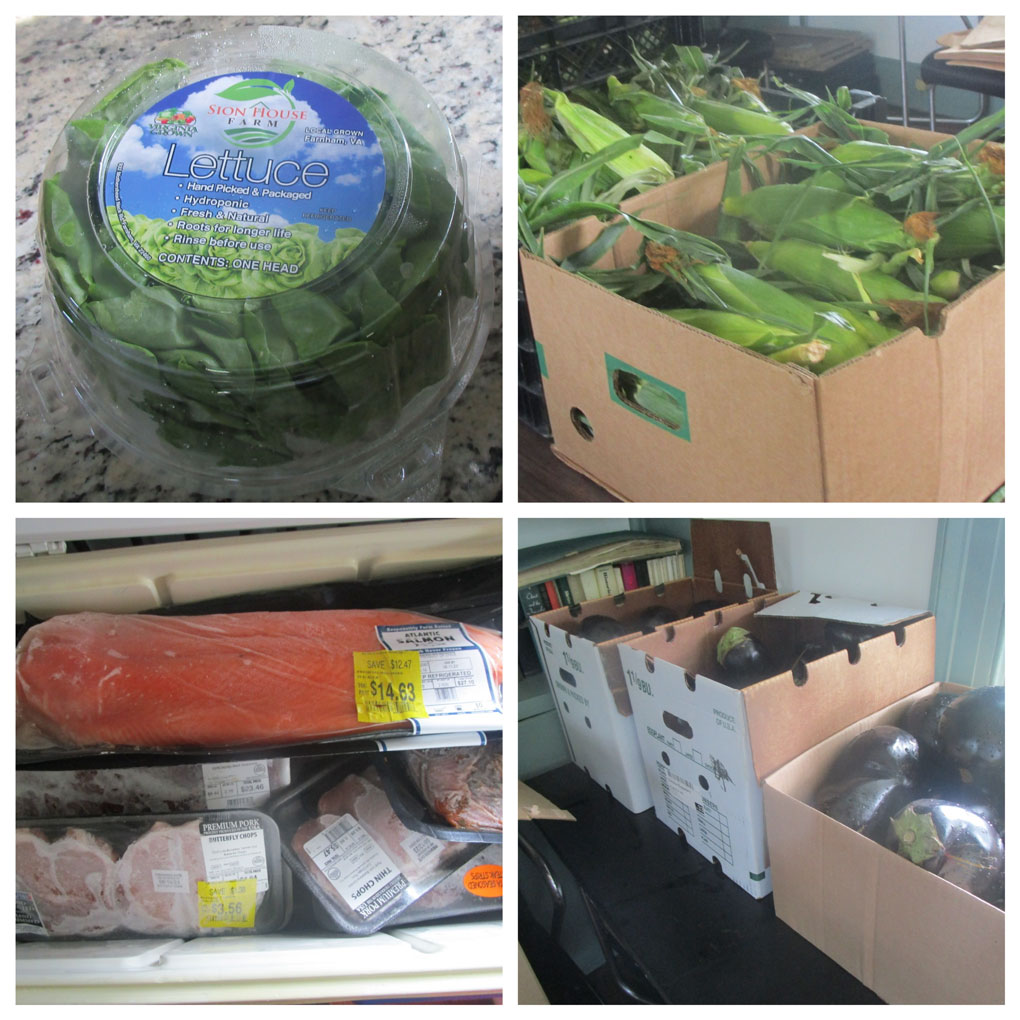Pentecost 13, Aug. 27, 2023
Lectionary for Pentecost 13
Visual Lectionary
Lectionary commentary
St. Bartholomew, Aug. 24
Augustine of Hippo
The Season of Creation Sept 3- Oct. 4
Mission and Outreach
Donations for Maui
Jamaican mission setup, Aug. 24, 2023
Jamaican mission school distribution, Aug. 26, 2023
Village Harvest
Focus on Identity
Identity
Peter assumes a new identity
Janine Shepherd – “A Broken Body Isn’t a Broken Person”
“Who am I” – Dietrich Bonhoeffer



